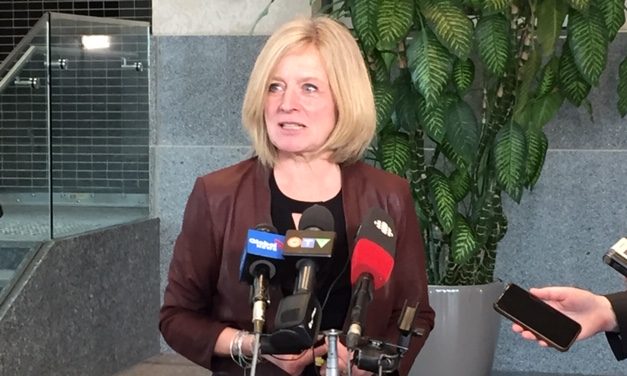The Federal Court of Appeal says the government’s decision to approve the Trans Mountain pipeline expansion a second time is reasonable and will stand.

In a unanimous, 3-0 decision Tuesday, the court dismissed four challenges to that approval launched last summer by First Nations in British Columbia.
Alberta Premier Jason Kenney said he was “delighted” by the decision, saying it showed the project is “overwhelmingly supported” by Indigenous communities across western Canada.
“This is a victory for common sense and the rule of law,” Kenney said Tuesday.
“While we respect the opinion of those who have voiced opposition to the project, the fact is the majority of First Nations communities — and the majority of Canadians — want to share in the economic benefits of responsible resource development.

“That’s demonstrated by the 58 mutual benefit agreements that Trans Mountain has signed with Indigenous communities across Alberta and British Columbia.”
The First Nations who opposed the project argued at a hearing in December the government went into consultations with Indigenous communities in the fall of 2018 having predetermined the outcome in favour of building the project.
But the three judges who decided the case say cabinet’s second round of consultations with First Nations affected by the pipeline was “anything but a rubber-stamping exercise.”

The judges say the government made a “genuine effort” to listen to and consider the concerns raised by the First Nations and introduced new conditions to mitigate them.
Kenney said the ruling confirmed that the Trans Mountain expansion project “has been held to the highest standard at every turn.”

Get weekly money news
“We particularly appreciate the clarity in the decision that the duty to consult does not equal a veto.”

Alberta NDP leader Rachel Notley, who as premier fought for Trans Mountain, said she was also pleased with the ruling. Notley said it was a vital component to rebuilding the province’s lagging economy and restoring jobs.
“That is why we worked so hard to change national opinion, why we stood up to B.C. when they threatened it, and why we pressured the federal government to buy the pipeline when it was in jeopardy,” Notley said.
“Today the project is in play, and that is good news for Alberta.”
LISTEN BELOW: Amarjeet Sohi, former natural resources and infrastructure minister, joins the Ryan Jespersen Show
The expansion project would triple the capacity of the existing pipeline between Edmonton and a shipping terminal in Burnaby, B.C., and also re-route the beginning of the line in the Edmonton area.
Construction to prepare the route began last fall in the Edmonton area, where trenches can now be seen dug up and pipes ready to be laid along the Transportation Utility Corridor that surrounds the city.

It has become a political football for Prime Minister Justin Trudeau as he insists Canada can continue to expand oil production and still meet its commitments to cut greenhouse gas emissions.
Trudeau’s government stepped up to buy the existing pipeline in 2018 after political opposition to the project from the B.C. government caused Kinder Morgan Canada to pull out from building the expansion.
The government intends to finish the expansion and then sell both the existing pipeline and the expansion back to the private sector.
It has been in talks with some Indigenous communities about the sale, but Finance Minister Bill Morneau has said the project won’t be sold until all the risks to proceeding are eliminated. Those risks included this court case.

— With files from Karen Bartko, Global News







Comments